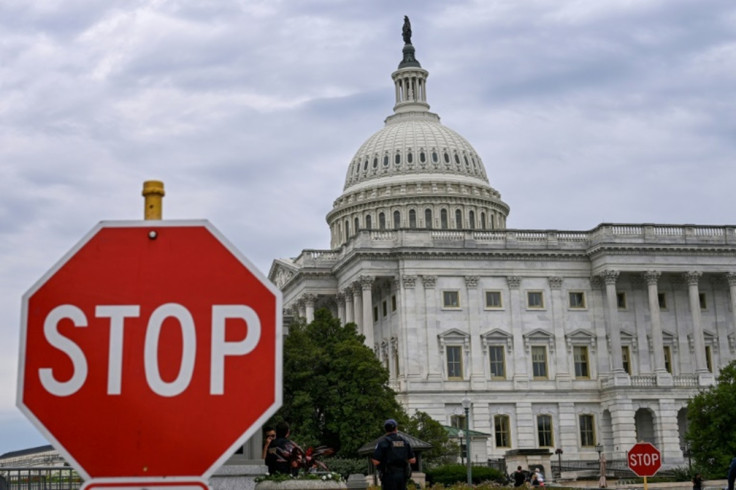Voting Panic Hits Washington as Shutdown Blocks Last-Minute Election Push
Federal deadlock halts aid, pay, and election work as parties clash over funding

Panic is spreading across Washington as the federal government shutdown enters its sixth week, disrupting essential services and casting uncertainty over the country's final preparations for Election Day. President Donald Trump has refused to reopen the government, saying he 'won't be extorted' by Democrats pushing for extended Affordable Care Act subsidies, according to an interview with CBS News.
Shutdown Chaos Grips Washington Amid Political Deadlock
The standoff has paralysed key federal agencies, delayed pay for government workers, and left air traffic controllers, soldiers, and food aid recipients without clear answers. Around 42 million Americans who rely on food assistance under the SNAP programme have been caught in the crossfire. Although courts have ordered the administration to release emergency funds, delays persist, exacerbating food insecurity across the country.
Trump has shown little willingness to negotiate, insisting that Democrats reopen the government before talks resume. Senate Democrats, however, have blocked 13 attempts to pass a Republican-backed spending bill without the subsidy extension, setting the stage for a prolonged impasse. Senate Majority Leader John Thune has rejected Trump's call to scrap the filibuster, saying the rule protects bipartisan governance. Yet pressure is mounting on him and his colleagues as the shutdown's impact grows more visible each day.
Transportation delays have worsened nationwide. The Federal Aviation Administration reported extended hold times at airports such as Newark, where staff shortages have forced flight caps and two-hour delays. Many air traffic controllers have worked unpaid for over a month. Transportation Secretary Sean Duffy warned that if the shutdown continues, 'it's only going to get worse.'
Bipartisan Talks Show Glimmers of Hope but Deep Divides Remain
Amid the chaos, some lawmakers have begun private discussions aimed at ending the crisis.
According to AP News and Rappler, Senate leaders from both parties see faint signs of compromise. Republican Susan Collins said staff from both sides have been drafting proposals to break the impasse, adding that 'it just feels better this week'. Still, she admitted progress could unravel quickly.
Democratic Sen. Dick Durbin echoed that optimism but said any agreement must address healthcare affordability. Democrats are demanding an extension of pandemic-era insurance subsidies that help millions of low-income families afford coverage. Without renewal, premiums could surge at the start of the new year.
Meanwhile, moderate House members from both parties are working on a potential off-ramp: extending ACA tax credits for two years while introducing income caps for higher earners. Analysts say that the proposal could give each side a symbolic victory, though significant hurdles remain in both chambers.
The shutdown has already become one of the longest in US history. Thousands of federal workers have missed multiple paychecks, and voter registration systems in some states face processing delays due to limited staffing. As Election Day looms, officials are warning that continued inaction could hinder mail-in ballot verification and poll worker training.
Despite the unrest, Trump remains confident that Democrats will 'eventually capitulate'. Yet the longer the shutdown drags on, the higher the stakes for both parties. Analysts predict that the crisis could shape not only the upcoming vote but also the broader public's trust in government.
As Washington braces for another tense week, Americans are left waiting for a breakthrough that still feels painfully out of reach.
© Copyright IBTimes 2025. All rights reserved.




















